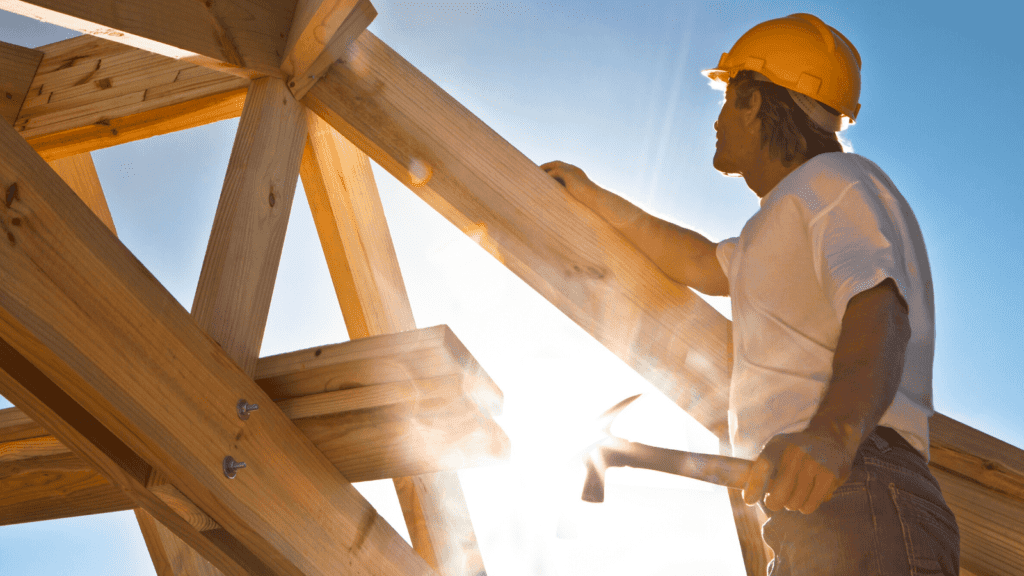‘Energy Foundations’ is a Canada-wide examination of infrastructure investment required to make Indigenous homes energy efficient and healthy, which will catalyze an array of economic and social outcomes, including major action on climate change
The latest Indigenous Clean Energy report proposes a national collaborative process to create new financing platforms and mechanisms to catalyze Indigenous healthy energy living across Canada
by Indigenous Clean Energy

OTTAWA, ON, April 15, 2021 – Indigenous Clean Energy Social Enterprise (ICE), an organization advancing the clean energy leadership First Nations, Inuit, and Métis people across Canada, announced the release of Energy Foundations, a detailed national report on energy efficiency and housing in Indigenous communities.
“This report is a ground-breaking analysis of the diverse and substantive social, economic, and environmental impacts that can be realized through investment in Indigenous energy efficient housing infrastructure,” said Darrell Brown, ICE’s Board Chair.
Energy Foundations is grounded in empirical research and validated by innovative energy efficiency projects being undertaken by Indigenous communities and partners. The analysis details the estimated energy efficiency investment requirements alongside direct, indirect, and induced impacts of this investment. The results are significant with over $5 billion in investment need and opportunity.
“Through our Bringing It Home initiative, we will convene Indigenous leaders, finance experts, policymakers, and others to lay out a path forward for the strategic investments needed to accelerate housing energy efficiency projects in First Nation, Inuit, and Métis communities,” shared Chris Henderson, Executive Director of ICE.
The report can be accessed through the ICE Network, an online platform that provides communities with information and networks needed to advance clean energy projects, and is launched at GLOBE Capital 2021.
Click here to read the report now
Quick Facts
- By 2030, the total cost of upgrading/retrofitting all existing homes for energy efficiency and building new homes that meet advanced energy efficiency standards in all Indigenous communities will amount to $5,362,544,341.
- An estimated 168,489 homes require minor or major energy efficiency retrofits and an estimated 71,735 new homes will be needed by 2030, which could be built to energy-efficient standards.
- Through energy efficiency investments over 5 million tCO2e of GHG emissions can be avoided over 10 years.
- Investment in Indigenous energy efficiency could stimulate up to 73,467 full-time jobs over the next 10 years.
Contact
Chris Henderson, Executive Director
Ian Scholten, Director, Bringing It Home
Lina Forero, Communications Manager
About ICE
Indigenous Clean Energy Social Enterprise (ICE) is an independent, Indigenous-governed, non-profit organization. ICE is the national hub advancing Indigenous and broader sustainable prosperity by supporting First Nation, Métis, and Inuit clean energy participation in every region of Canada.
